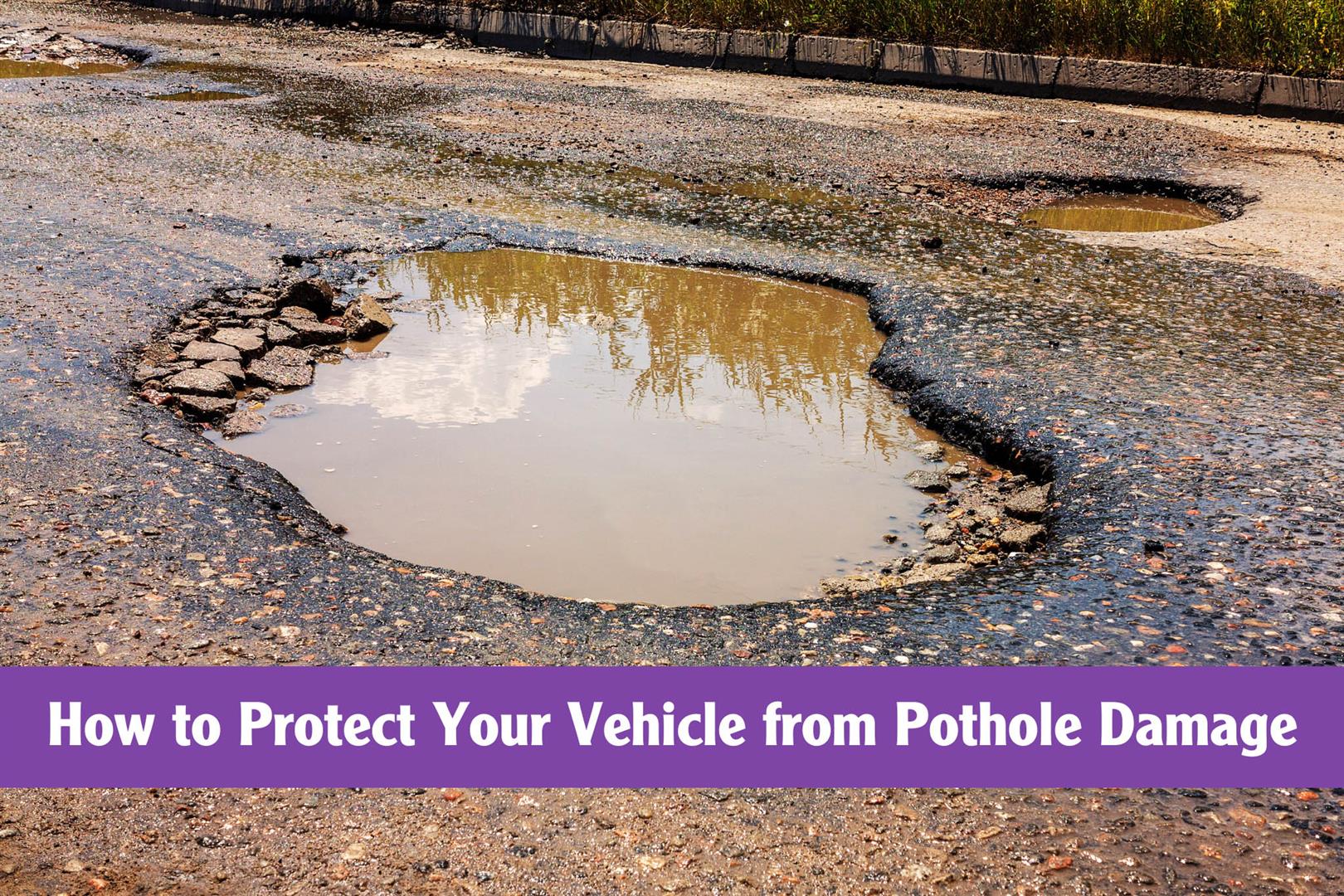Posted on 3/31/2025

Winter in Colorado is no joke—and your car feels it just as much as you do. Now that spring is here, it's time to shake off the snow and salt and get your vehicle ready for warmer, (and often wetter) driving conditions. Here’s a quick checklist to help your car bounce back from winter: Tire Check – Cold weather can mess with your tire pressure and tread. Potholes from melting snow can also knock your alignment out of whack. Brake Inspection – Slush, salt, and grime can wear down your brake pads. If your brakes feel spongy or make noise, it's time to get them checked Suspension & Steering – If your car’s been feeling bumpy or pulling to one side, you might have some winter damage to your suspension. Fluid Top-Offs – Windshield washe ... read more
Posted on 2/26/2025

When it comes to vehicle maintenance, manufacturers often provide two schedules: one for "normal" driving conditions and one for "severe" driving conditions. But how do you know which one applies to you? The answer might surprise you—especially if you’re driving in Colorado. What Are “Normal” Driving Conditions? "Normal" driving conditions are defined as the kind of driving that puts minimal stress on your vehicle. Examples include: Consistent highway driving at moderate speeds. Light loads (no towing or heavy cargo). Moderate temperatures (not too hot or cold). Minimal idling or stop-and-go traffic. These conditions are what manufacturers use as a baseline for their longest-recommended service intervals. For instance, oil changes under normal driving might be recommended every 7,500 miles or more, depending on your vehicle and oil type. What Are “Severe” Driving Conditions? " ... read more
Posted on 2/17/2025

As winter gives way to spring, potholes start appearing on roads across Colorado. These road hazards are more than just an annoyance—they can cause serious damage to your vehicle. From bent rims to alignment issues, hitting a pothole can leave you with unexpected repair bills. Here are some tips to help you protect your car from pothole damage and keep it running smoothly. 1. Check Your Tires Regularly Your tires are the first line of defense against pothole damage. To reduce the risk: Maintain proper tire pressure: Underinflated or overinflated tires are more prone to damage when hitting a pothole. Inspect tread depth: Worn tires are less effective at absorbing the impact, increasing the chances of damage. 2. Slow Down and Stay Alert Speeding over potholes increases the likelihood of damage. Instead: Drive cautiously, especially on roads you know are prone to potholes Avoid distractions and keep an eye on ... read more
Posted on 2/12/2025

Hey there, Boulder drivers! John here, your friendly neighborhood mechanic, ready to answer another common car question: How often should I get a wheel alignment? Generally, most vehicles should have their wheels aligned about once a year or every 10,000-12,000 miles. But, as with most car maintenance, the real answer depends on your driving habits and road conditions. When to Consider a Wheel Alignment If you frequently drive on Boulder’s winding mountain roads or hit the occasional pothole, your wheels may get misaligned more quickly. Off-roading in your Tacoma or tackling snowy trails on the way to Eldora? That’s another reason to check your alignment sooner! Here are a few signs it’s time for an alignment: Your car pulls to one side while driving. The steering wheel feels off-center. Uneven tread wear on your tires. You hear unusual vibrations while driving. Why Wheel Alignments Matter A proper wheel alig ... read more
Posted on 2/10/2025

Valentine’s Day is a perfect opportunity for a romantic road trip or a cozy escape to the mountains. Whether you’re planning a drive to Eldora for skiing, a scenic journey along Colorado’s winding roads, or a night out in Boulder, ensuring your vehicle is in top shape will help you focus on making memories instead of dealing with car troubles. 1. Check Fluid Levels Before heading out, take a moment to check your vehicle’s vital fluids: Oil: Clean oil ensures your engine runs smoothly and efficiently. Coolant: Proper coolant levels prevent your engine from overheating, especially on mountain climbs. Windshield washer fluid: A full reservoir of winter-grade fluid will keep your windshield clear from road spray and ice. For added protection and performance, consider our Premium ULTRA Oil Service, which includes BG MOA and BG 44K additives to keep your engine running like new ... read more